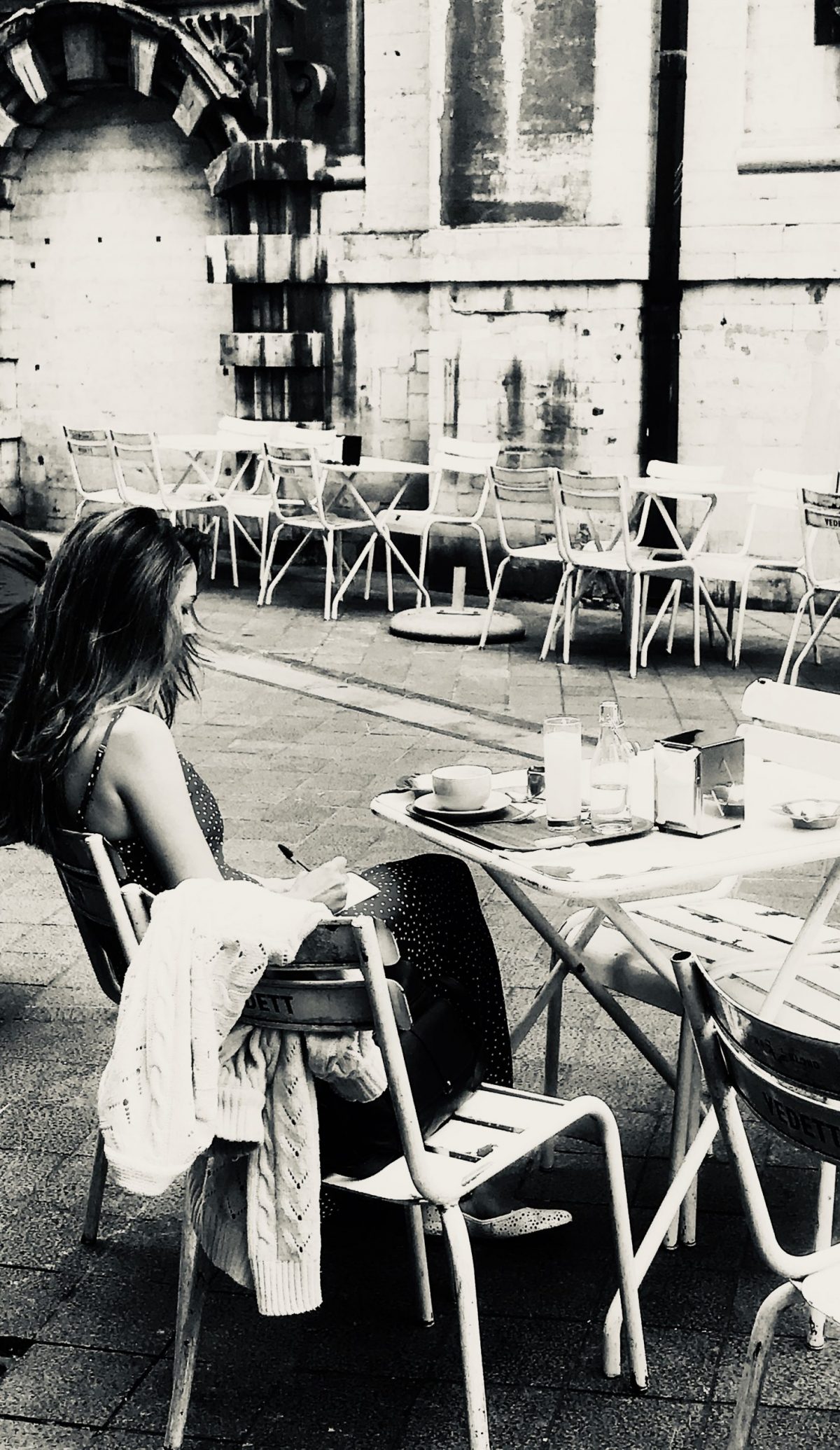Since the early days of this pandemic that holds us in its thrall, not only have I withdrawn into my solitary apartment and maintained the mandated six-feet-apart social distancing from my friends and neighbors and community of writers, I have withdrawn from public voice. With few exceptions I have not posted on social media and my blog has gone unattended to since early March. I am only now writing this newsletter, nearly six-weeks into our quarantine and months into the worldwide spread of this horrific virus.
This is not to say I haven’t written about the pandemic, my thoughts and feelings, my fears and anxieties, my rage and sorrow. Some mornings my journal is filled with pages and pages of dread and loneliness; other days, those bright mornings when the sun scatters its beams through the kitchen window and squirrels scamper along the neighbor’s roof, I write my gratitude for the beauty of the world, its ongoingness, and I remind myself life is always one day at a time.
Each day my inbox is jammed with newsletters and blogs and updates and links to even more. But I have had little to say in the public forum. Frankly, I have not known what to say, how I wanted to speak, what I could write that mattered. Then, a few days ago, in a daily mailing I receive from The New Yorker, I read a piece by George Saunders, a copy of a letter he wrote to his students at Syracuse University in which he spoke to them about the moment in time we are experiencing.
“The world is like a sleeping tiger and we tend to live our lives there on its back.” he wrote. “And now and then that tiger wakes up. And that is terrifying. Sometimes it wakes up and someone we love dies. Or someone breaks our heart. Or there’s a pandemic. But this is far from the first time that tiger has come awake. He/she has been doing it since the beginning of time and will never stop doing it. And always there have been writers to observe it and (later) make some sort of sense of it, or at least bear witness to it. It’s good for the world for a writer to bear witness, and it’s good for the writer, too. Especially if she can bear witness with love and humor and, despite it all, some fondness for the world, just as it is manifesting, warts and all.”
I have long known that it is our stories that connect us as human beings and we writers and artists too, are the storytellers. We are the recorders of history and the ones who bring it to life. We are the collectors of details—we make note of names, not just statistics; we describe events and daily occurrences, the small and the large, but especially the particular and we write these down.
So it is this that you and I must do: pay attention to the world as we live in it, and write in response to what we witness. Whether in your journal or your notebook, in your daily practice or your blog; however or wherever, in whatever form or style, we must write. Now more than ever the world needs our stories.
***
Guest author bio: Judy Reeves is a member of our IAJW Journal Council, an esteemed group of authors and experts in the journaling and creative writing fields. Judy is a writer and teacher who has published four books on writing, including the award-winning A Writer’s Book of Days, and, most recently, Wild Women, Wild Voices.



Leave A Comment